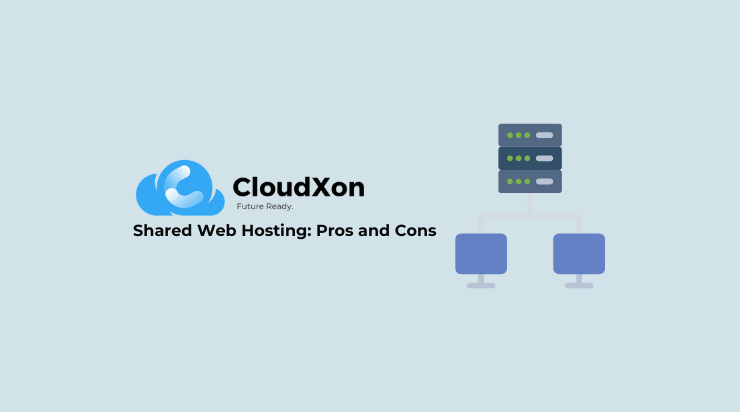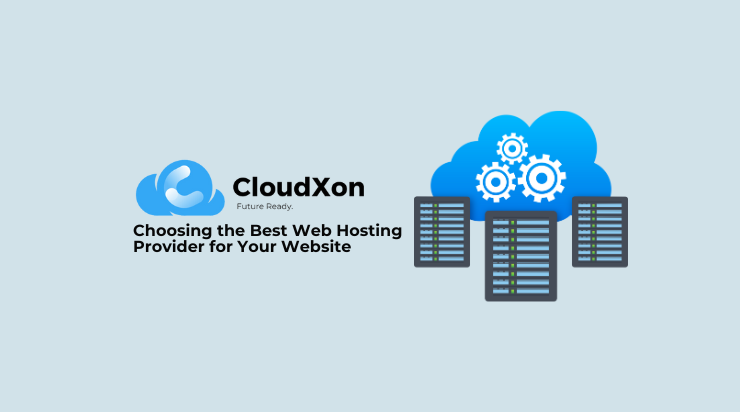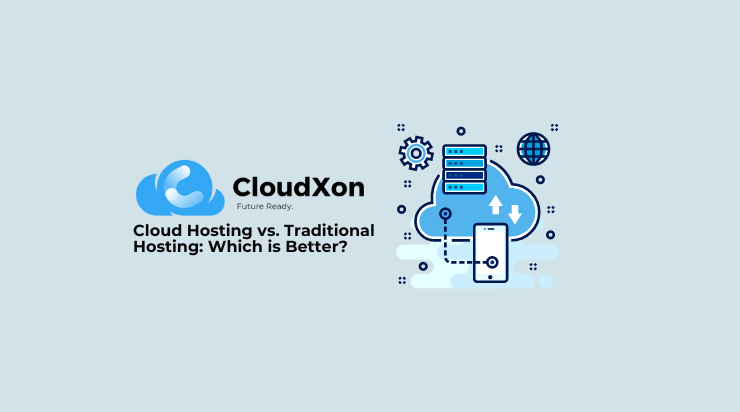In the rapidly evolving digital landscape, cloud hosting has emerged as a game-changer for businesses, offering a myriad of benefits and best practices that drive efficiency, scalability, and security. In this comprehensive guide, we’ll delve into the advantages of cloud hosting, along with essential best practices to maximize its potential for your business.
Cloud hosting has revolutionized the way businesses manage their IT infrastructure, providing a flexible, cost-effective, and scalable solution compared to traditional hosting methods. Understanding the benefits and implementing best practices are crucial steps towards harnessing the full power of cloud hosting.
Benefits of Cloud Hosting
Scalability: One of the primary benefits of cloud hosting is its scalability. Businesses can easily scale resources up or down based on demand, ensuring optimal performance and cost-efficiency.
Cost-Effectiveness: Cloud hosting eliminates the need for expensive hardware investments and maintenance costs associated with on-premises infrastructure. Pay-as-you-go pricing models allow businesses to pay only for the resources they use.
Reliability and Uptime: Cloud hosting providers offer robust infrastructure with redundancy and failover mechanisms, ensuring high availability and minimal downtime for critical applications.
Security: Cloud hosting providers implement advanced security measures, including data encryption, firewalls, and intrusion detection systems, to protect sensitive data from cyber threats.
Flexibility: Cloud hosting allows businesses to deploy a wide range of applications and services, including websites, databases, and software solutions, with ease and flexibility.
Best Practices for Cloud Hosting
Regular Monitoring and Optimization: Monitor resource usage, performance metrics, and security logs regularly. Optimize cloud resources to ensure cost-effectiveness and optimal performance.
Data Backup and Disaster Recovery: Implement automated data backup and disaster recovery plans to protect against data loss and ensure business continuity in case of unexpected events.
Security Measures: Follow industry best practices for cloud security, including strong authentication mechanisms, access controls, encryption, and regular security audits.
Compliance: Ensure compliance with relevant regulations and standards, such as GDPR, HIPAA, PCI DSS, etc., to protect sensitive data and maintain trust with customers.
Regular Updates and Patch Management: Keep cloud infrastructure, applications, and security tools up to date with the latest patches and updates to mitigate vulnerabilities and security risks.
Cloud hosting offers numerous benefits and best practices that empower businesses to thrive in today’s digital economy. By leveraging scalability, cost-effectiveness, reliability, security, and flexibility, businesses can achieve operational excellence and drive innovation with cloud hosting solutions.
Ready to Transform Your Business with Cloud Hosting?
Contact us today to learn how cloud hosting can optimize your IT infrastructure, drive business growth, and ensure security and scalability for your organization.




